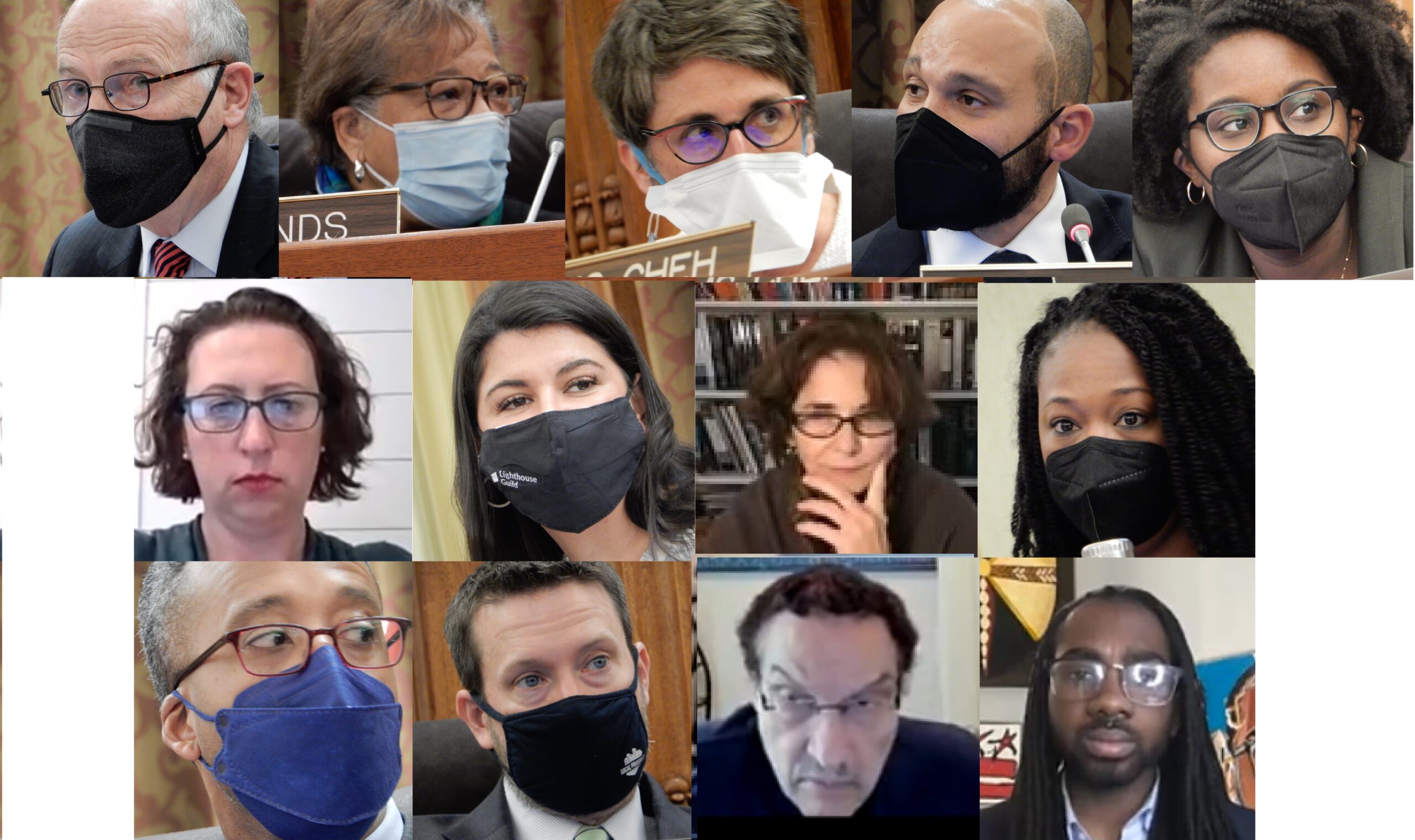Council Takes No Action on Marijuana Gifting Establishments or Liberalization of Medical Marijuana

At its most recent Legislative Meeting, the Council took no action to crack down on marijuana gifting establishments, or to liberalize the medical marijuana industry. A proposed emergency bill drafted to accomplish both of these ends did not receive the necessary nine votes to move forward.
Yet again, the District has been placed in an awkward legal position by Congress. Both the nature of our legislative process in general, and the specific legislative context of retail sales of marijuana in particular, have tied the Council’s hands in regards to how to legislate this critical regulatory and revenue measure. Despite the residents of the District voting overwhelmingly to legalize marijuana through our approval of Initiative 71, a Congressional budget provision known as the Harris rider bans the District government from putting any financial resources towards the sale or regulation of recreational marijuana.
Both these measures are frequently referenced but rarely cited, so we will provide the relevant language here.
The Harris rider has two parts. The first states: “None of the Federal funds contained in this Act may be used to enact or carry out any law, rule, or regulation to legalize or otherwise reduce penalties associated with the possession, use, or distribution of any schedule I substance under the Controlled Substances Act ( 21 U.S.C. 801 et seq.) or any tetrahydrocannabinols derivative.”
The second part of the rider has similar phrasing, but removes the words “Federal” and “or carry out,” plus adds the words “for recreational purposes” at the end. These small differences in wording explain why the District can spend local funds on the sale and regulation of medical marijuana, but cannot spend any funds at all—local or federal—on the sale or regulation of recreational marijuana.
This distinction is at the core of how the Council has been able to put in place nuanced medical marijuana legislation that includes a strong focus on equity, including racial equity, with incentives in the bill that provide preference to those groups long disproportionately impacted by the war on drugs, as well as District residents and small businesses more broadly.
The Harris rider, with its total ban on any District spending towards the regulation or sale of recreational marijana, provides the Council with zero opportunity to show similar thoughtfulness or nuance in regards to recreational marijuana, instead creating a gaping legal vacuum on the subject..
It is in this context that some businesses have seized on one small section of Initiative 71, the referendum the legalized marijuana in the District, to build what is alternatively referred to as a gray market or a black market for such products.
The relevant section of Initiative 71 states that “It shall be lawful, and shall not be an offense under District of Columbia law, for any person 21 years of age or older to,” among other things, “Transfer to another person 21 years of age or older, without remuneration, marijuana weighing one ounce or less.”
The net result of this language is that dozens of retail establishments exist throughout the District that, in exchange for the purchase of a retail item such as a shirt or sticker, provide a “gift” of one ounce or less of recreational marijuana. Due to the Harris rider, the chemical content of the marijuana, the legal status of the business “gifting” it, the legal status of the physical space housing the business, any taxes paid by the business, the terms of employment of the business’ workers, and public safety in and around such establishments, cannot be regulated beyond what broader District law dictates.
While all councilmembers agreed that this status quo was unacceptable, they differed on whether stepped-up enforcement against such “gifting” businesses was the appropriate legislative action to take.
In addition to not taking action on increased enforcement against these “gifting” establishments, the Council not passing the emergency marijuana reform measure with a supermajority vote also meant that its other measures, including self-certification of medical marijuana eligibility for all DC residents 21 and up, as well as a large expansion in the number of medical marijuana dispensaries, were also not enacted.
Consideration of a permanent version of similar marijuana legislation will continue in two Council committees, as well as the Committee of the Whole.
In other action at the most recent Legislative Meeting, the Council:
- Approved a Sense of the Council resolution denouncing the Russian attack on Ukraine
- Approved a Sense of the Council resolution condemning antisemitism
- Approved a Sense of the Council resolution requesting the federal government rename a Chevy Chase fountain that currently memorializes a Senator who was a known white supremacist
- Strengthened and clarified District laws regarding identification and removal of abandoned vehicles in the District, but removed imprisonment as a potential penalty for abandoned vehicle violations
- Authorized the Mayor to issue rules for minimum housecleaning standards for District hotels. Under potential new rules, hotel guests would maintain their existing option to waive housecleaning service, but a hotel would not be able to refuse to provide it to a guest who requests it.
The Council’s next scheduled Legislative Meeting will be held on May 3.